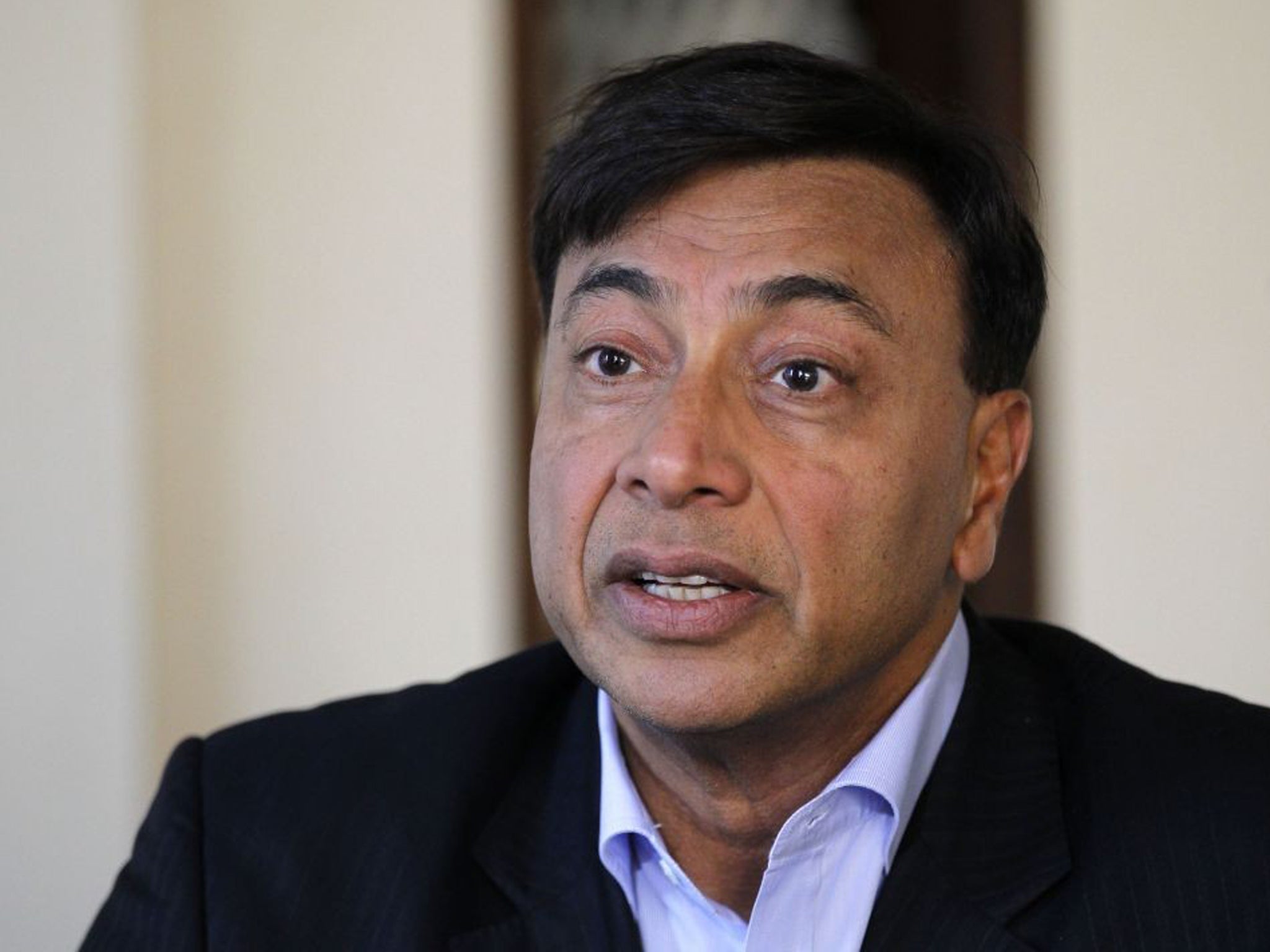France reaches €180m deal on Mittal steel plant
Firm run by Britain’s wealthiest man agrees to drop plans for 650 redundancies at site

Your support helps us to tell the story
From reproductive rights to climate change to Big Tech, The Independent is on the ground when the story is developing. Whether it's investigating the financials of Elon Musk's pro-Trump PAC or producing our latest documentary, 'The A Word', which shines a light on the American women fighting for reproductive rights, we know how important it is to parse out the facts from the messaging.
At such a critical moment in US history, we need reporters on the ground. Your donation allows us to keep sending journalists to speak to both sides of the story.
The Independent is trusted by Americans across the entire political spectrum. And unlike many other quality news outlets, we choose not to lock Americans out of our reporting and analysis with paywalls. We believe quality journalism should be available to everyone, paid for by those who can afford it.
Your support makes all the difference.The clash of steel between the French government and Britain’s wealthiest man ended with a partial victory for Paris last night.
ArcelorMittal, the world’s largest steel company, agreed to invest €180m (£146m) over five years and cancel plans for 650 redundancies at its steelworks in Florange, in the eastern region of Lorraine. In return, Paris abandoned a threat to nationalise the factory and re-sell it to a private buyer.
The showdown had become symbolic of President François Hollande’s determination to reverse the erosion of France’s industrial base. The government was forced to accept, however, that two shuttered blast furnaces would not re-open immediately.
Instead, ArcelorMittal, controlled by the Indian-born, British-based billionaire Lakshmi Mittal, will develop other profitable activites at the site, such as the production of steel plate for the German car industry. Three hours before last night’s deadline for a deal, Prime Minister Jean-Marc Ayrault said a compromise had been reached. Jobs would be preserved, he said, by a “programme of investment” in cold steel activities. The blast furnaces, which produce “raw” or hot steel, would not re-open but be mothballed until they could be converted to possible experimental use in environment-friendly steel-making. There would be no compulsory redundancies, he insisted. In return for the “unconditional promises” by ArcelorMittal, Mr Ayrault said Paris had dropped its threat to nationalise the complex and sell it within a matter of months for €400m to an undisclosed potential buyer.
The nationalisation threat caused a stir internationally. Foreign commentators, including the London Mayor Boris Johnson, mocked France for returning to the statist 1970s or even the revolutionary 1790s.
The outcome of the talks will be seen as a vindication of the tough line taken by Mr Hollande and his Industry minister Arnaud Montebourg, who had suggested the Mittal group was no longer welcome in France.
However, the deal received only a cautious welcome from politicians and unions. The Socialist mayor of Florange, Philippe Traillon, said the deal was “fine in principle” but demanded guarantees that Arcelor would keep its word. Unions accuse the firm of breaking previous commitments.
Join our commenting forum
Join thought-provoking conversations, follow other Independent readers and see their replies
Comments